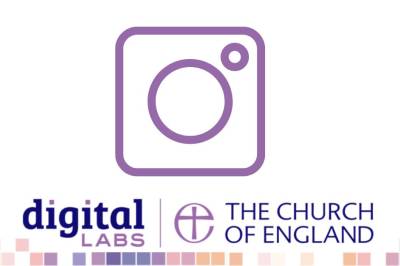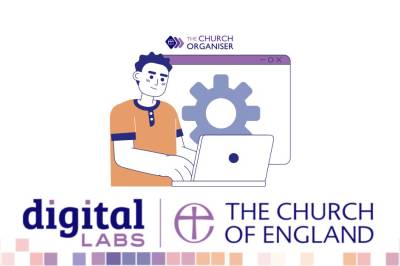01/03/2024
Podcasting offers a dynamic way to share your stories, insights, and connect with a wide audience. Whether you're transforming existing video content into podcasts or starting from scratch, this guide is designed to make the process as smooth as possible. By focusing on easy-to-use tools and straightforward steps, we aim to help you launch a podcast that effectively communicates your message and engages your community.
Step 1: Convert video to audio only
The first step is converting your video content into podcast-ready audio. If you have access to video editing software like Adobe Premiere Pro or Final Cut Pro, you're all set to export audio. For those without these programs, here are some free tools that can help:
Audacity: A powerful, open-source audio editing software that's great for exporting audio files.
VLC Media Player: Known for video playback, VLC can also convert video files to audio formats.
Handbrake: A user-friendly video to audio conversion tool, ideal for beginners, supported by a wide range of online tutorials.
For the best sound quality, export your audio in high-quality formats such as WAV or 320kbps MP3, depending on your chosen podcast platform's requirements.
Step 2: Choose a podcast host
Selecting a reliable podcast host is essential, as it stores your audio files and provides an RSS feed for distribution. Here’s a closer look at some options, including ones with free plans:
On its most basic level, a podcast host hosts your audio and provides you with a podcast feed (also known as an RSS feed) to access the podcast. Further to this, it can provide you with the tools to easily distribute your podcast to platforms such as Apple Podcasts and Spotify, as well as providing analytics, website integration and various other features.
The most well-known platform that can function as a podcast host is SoundCloud. You may already have a SoundCloud account, in which case this could be the most straightforward option. However, SoundCloud is not primarily a podcast host and lacks some of the tools and ease of use that other platforms provide.
Below are a few examples of the many podcast hosts available:
SoundCloud
Offers an easy start with an unlimited audio plan at a low cost. It's user-friendly but may lack advanced podcasting functionalities.
Spotify for Podcasters
(Formerly known as Anchor.fm). A free, unlimited hosting service owned by Spotify, tailored for podcasting. It simplifies distribution across platforms, although switching hosts later might be challenging.
Buzzsprout
Provides a free plan with 2 hours of hosting per month, suitable for beginners. Episodes on the free plan expire after 90 days.
Captivate
Targets podcast growth with unlimited hosting and comprehensive features, starting with a paid plan but includes a trial period
Step 3: Upload and publish your podcast
With your host picked, you'll set up your podcast by choosing a title, creating an image, writing a description, and generating your RSS feed URL. Most platforms provide a step-by-step guide for this process.(e.g. https://feeds.captivate.fm/YOUR-PODCAST-NAME/).
Decide on your publishing schedule and label your podcast and episodes clearly to ensure they are easily discoverable by your audience on their preferred platforms. You could choose to publish weekly (perhaps if you have a weekly online service) or use it as a feed for different types of episodes (e.g. Wednesday Sermon, Saturday Interviews, Sunday Services).
Step 4: Distribute your podcast
Through your RSS feed, your podcast can be accessed online, in RSS apps, and on platforms like Apple Podcasts and Spotify. While some hosts offer automated distribution, others may require you to manually submit your podcast.
After your podcast is live on major platforms, engage your audience and encourage them to subscribe for updates on new episodes.
By following this guide, you're equipped to launch a podcast in 2024 with the confidence that your content will connect with listeners and leave a lasting impact. Start podcasting today and share your voice with the world.
- Digital Team
Keep up to date with all things digital and join our Facebook group


